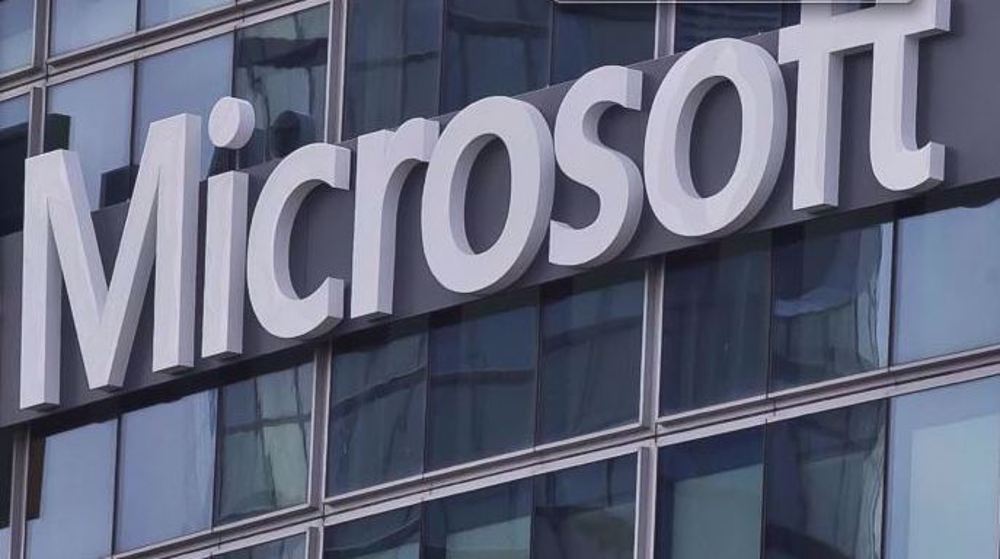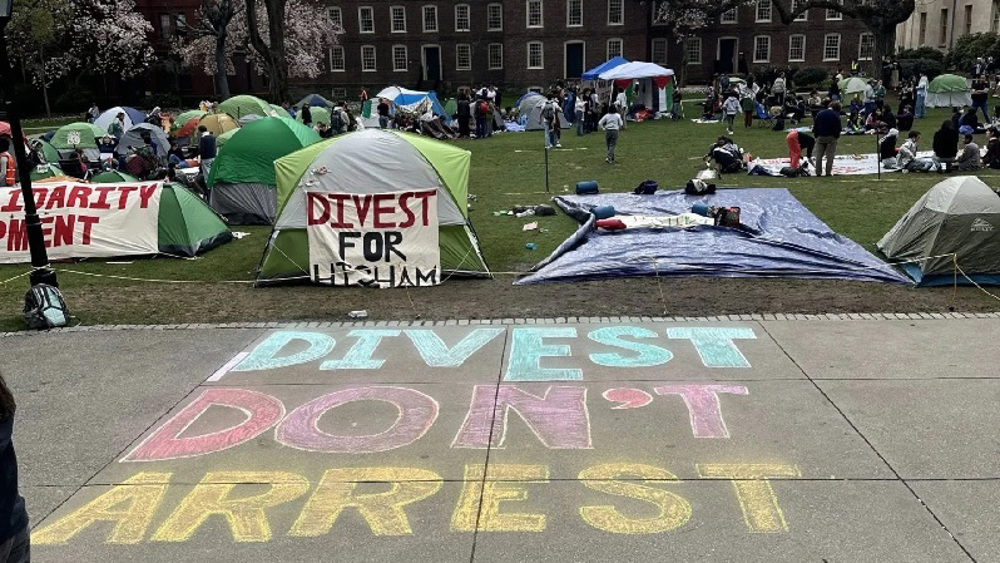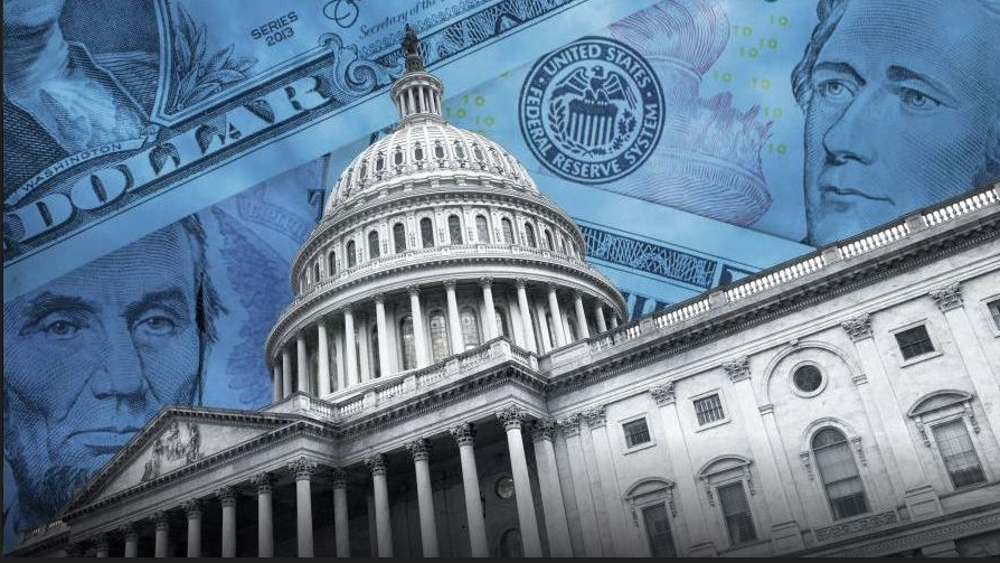UK and US in talks over mini trade deal
The administration of outgoing US President Donald Trump is negotiating a mini-deal with the United Kingdom aimed at reducing trade tariffs.
London has recently said that tariffs against the US over subsidies for aerospace firms would be dropped in an effort to reach a post-Brexit trade deal with Washington.
Britain left the EU on January 31 but a standstill transition period, under which it remains bound by the bloc's rules pending any new deal, ends on the night of December 31.
US Trade Representative Robert Lighthizer told the BBC that the UK would need to do more than breaking with the EU's support of European plane maker Airbus.
Last week, the UK announced it had unilaterally broken with European support of Airbus in a trade dispute and by announcing it would no longer apply tariffs to imports of Boeing aircraft, it changed policy expressed only in January this year of ongoing support for Airbus even after Brexit.
However, the BBC learns the Office of the US Trade Representative, in a phone call, told British International trade secretary Liz Truss directly that the US would not regard this as a concession, because, outside of the EU, Britain had "no authority" to continue applying retaliatory measures on the US.
"For sure, it's true that the UK as an individual was not a party to that Airbus-Boeing litigation, right," Lighthizer told the BBC.
"We brought an action against the EU, France, Germany and the UK. The EU just brought one against us, the member states did not in all cases. so there's no question that as a legal point, that is correct," he added.
Instead, Washington wants London to make concessions on the separate EU dispute over steel and aluminum, where US bourbon was among products which European tariffs were imposed on.
Lighthizer went on to say that he was negotiating with Truss to reach “some kind of a deal.”
“I'm hopeful we can get some kind of an agreement out you know, we don't have a lot of time left," Lighthizer told the BBC.
Iran relies on natural gas for nearly 90% of its power production: Expert
US embassy in Beirut blocks Iraq-Lebanon humanitarian air bridge
VIDEO | UK's Starmer targets journalists
Israel plans to displace Palestinians in occupied West Bank: Hamas
Iranian airlines ramp up Istanbul route flights after EU sanctions
British protesters slam UK’s complicity in Gaza genocide on Balfour day
US surgeon haunted by Gaza children with ‘single gunshot wounds to head’
VIDEO | Iran's possible retaliation against Israel












 This makes it easy to access the Press TV website
This makes it easy to access the Press TV website